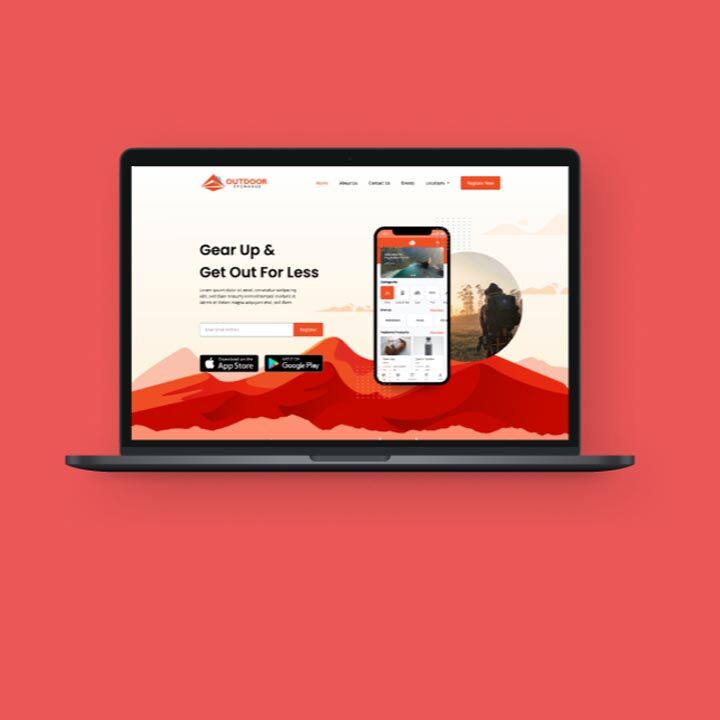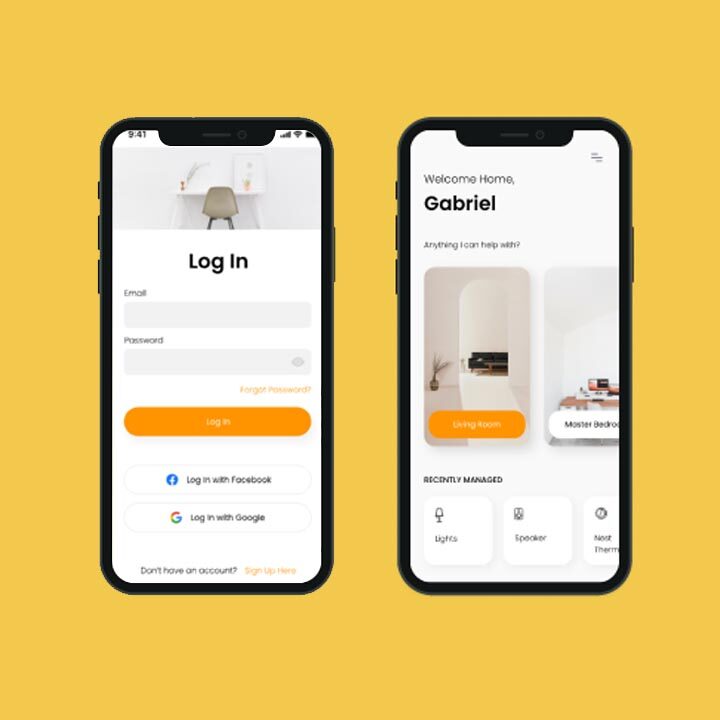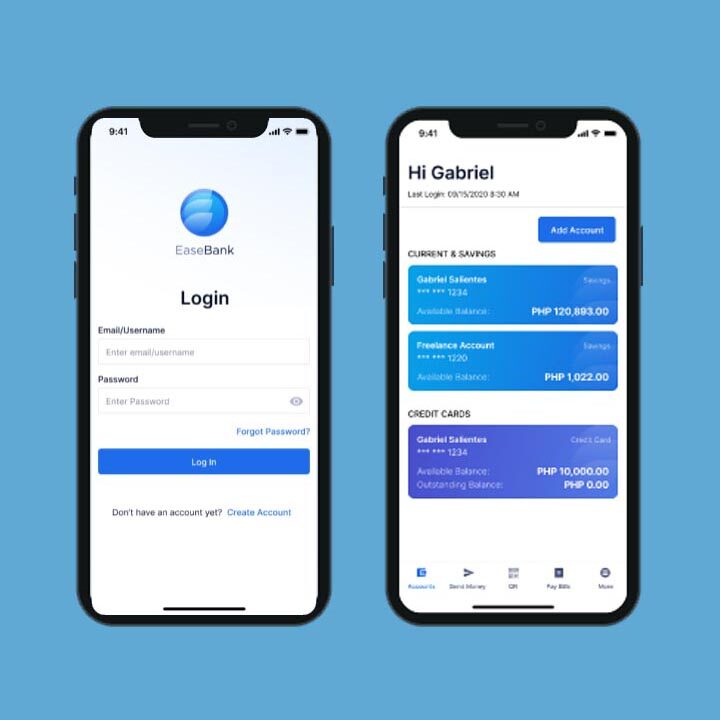The Blueprint for App Development: What You Need to Know Before You Start
Nowadays, developing a mobile app has become a strategic decision for any business. This solution can provide a direct channel to engage with customers, improve operations, and drive revenue growth. However, before diving headfirst into coding, it’s crucial to consider several key factors that can impact the success of your project. In this article, we’ll explore what you need to think about before embarking on the journey of developing a successful mobile app.
1. Clear Objectives and Target Audience
Before you even start brainstorming features or design elements, you must define clear objectives for your app. Ask yourself: What problem does this app solve? Who is the target audience? What are the specific goals you want to achieve with this app? Having a crystal-clear understanding of your app’s purpose will guide all subsequent decisions and development efforts.
2. Market Research
Understanding the competitive landscape and market demand is crucial. Conduct thorough market research to identify similar apps, assess their strengths and weaknesses, and identify gaps you can exploit. This will help you refine your app concept, positioning, and features to ensure you stand out in the crowded app marketplace.
3. Budget and Resources
Developing an app can be a significant investment, so you need to determine your budget and allocate resources accordingly. Consider not only the initial development costs but also ongoing maintenance, updates, and marketing expenses. Decide whether you’ll build in-house or outsource development and design work, and be prepared for unexpected costs that may arise during the development process. You can divide the project into several stages, running them sequentially and implementing changes based on external and/or internal feedback.
4. Platform Selection
Decide whether you want to develop your app for iOS, Android, or both. The choice of platform can depend on your target audience, budget, and the specific features your app will offer. Cross-platform development tools can also be an option to reach a wider audience with a single codebase.
5. App Monetization Strategy
Consider how you will monetize your app. Will it be a paid app, freemium with in-app purchases, or ad-supported? The strategy should align with your business goals and user expectations. It’s essential to strike a balance between generating revenue and providing value to users.
6. User Experience (UX) and Design
Design is a critical aspect of app development. Invest in creating an intuitive, user-friendly interface that provides an exceptional user experience. A well-designed app not only attracts bigger audience but also keeps them engaged and coming back for more.
7. Development Approach
Choose the development approach that best suits your project. Native app development provides better performance and user experience but can be more time-consuming and costly. Cross-platform development offers broader reach but may have limitations in terms of performance and native features. Hybrid development combines aspects of both native and cross-platform approaches.
8. Data Security and Privacy
With the increasing concern over data breaches and privacy, it’s essential to prioritize the security of user data. Implement robust security measures to protect user information and ensure compliance with data protection regulations like GDPR or CCPA.
9. Testing and Quality Assurance
Thoroughly test your app across various devices, platforms, and scenarios to identify and fix bugs and usability issues. Quality assurance is a continuous process that should not be underestimated.
10. Launch and Marketing Strategy
Plan your app’s launch carefully. Consider pre-launch marketing activities, app store optimization (ASO), and strategies for user acquisition and retention. Building a buzz around your app before and after launch can significantly impact its success.
11. User Feedback and Iteration
Once your app is live, actively seek feedback and be prepared to iterate. Improving to meeting user needs and expectations ensures the long-term success of the project.
If you are looking for any assistance with strategy planning and mobile app development, contact DigiGlobal Solutions’ experts at info@26i.f8e.myftpupload.com or submit a contact form here.







